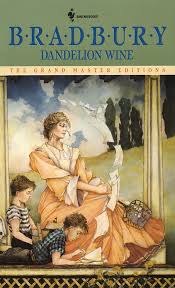Recently he sent me a link to an interview with Sarah Clarkson on the Word on Fire Institute website entitled "Books, Evangelization, and the Transformative Power of the Reading Life." Clarkson studied at Oxford University after what she calls her twelve-year gap year. She had always dreamed of studying there in part because of her love of C. S. Lewis and Tolkien. One cannot underestimate the influence of her reading family either.
In the interview she mentioned her book Book Girl, in which she describes her own reading journey, sharing list after list of book recommendations for different circumstances. Her chapter titles include "Books Can Foster Community" and "Books Can Impart Hope." I couldn't wait to start reading it for myself. Her research on reading confirms my own beliefs about the power of literature to shape the mind and the heart.
Her recommendations range from works by Lewis and Tolkien, of course, to classics and childhood favorites--the Anne of Avonlea series by Montgomery, books by George Eliot, Wendell Berry, Marilynne Robinson and more. She also includes annotated lists of books more overtly spiritual or theological.
As a general rule, I love a book list that affords me the opportunity to check off all I have read. Clarkson, however, introduced me to authors I hadn't read yet and to new books by authors with whom I was at least familiar.
She also reminded me of books I've read long ago and need to read again, including Paton's Cry, the Beloved Country, a past favorite I recently recommended to a friend to read with his wife and her 97-year-old father.
In Book Girl, Clarkson reminds me to slow down and read thoughtfully and contemplatively. I also become more aware of the need to be selective in my reading, since I can't possibly get to all the books I'd like to read.
I also wish every young family could recognize the value in modeling and encouraging a reading life for children. After all, Clarkson's mother read to her in utero, and during the writing of the book, Sarah confessed to reading to her soon-to-be born daughter, a little book girl of her own.
One word of advice: Don't take the title too literally. There is so much food for thought for men as well as women of all ages. I expect to keep my copy close enough for reference the next time I'm choosing a book to read.











